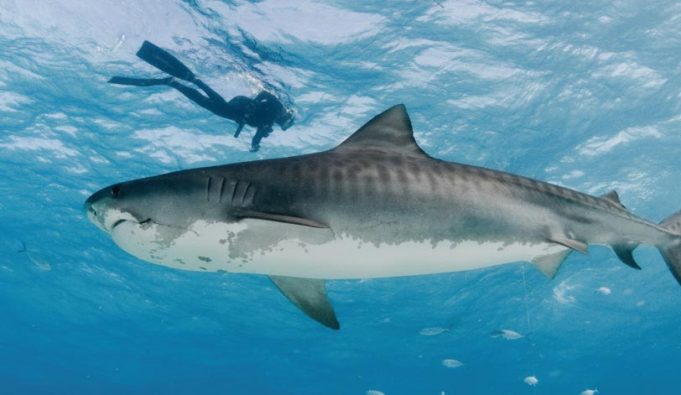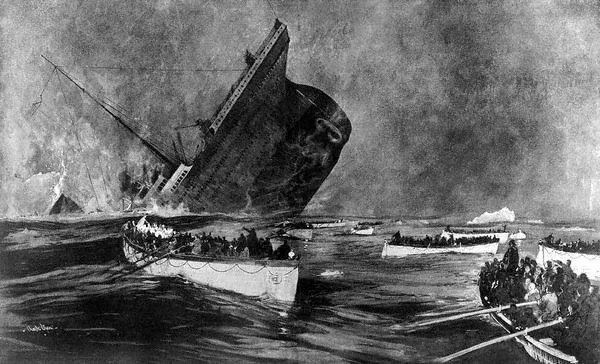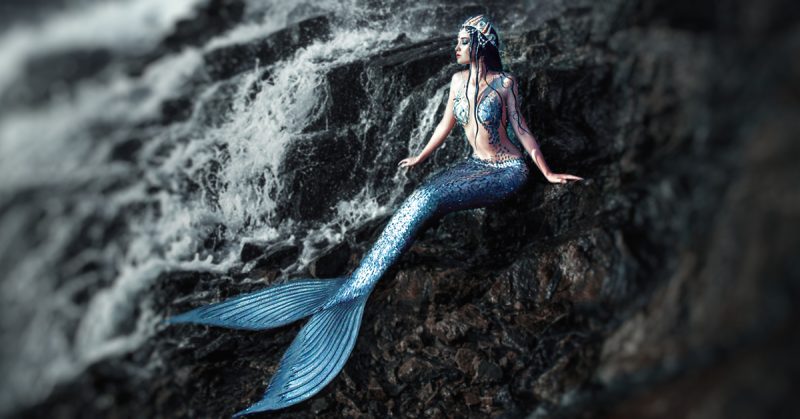Shark-related dives in Florida generated more than $221 million in revenue and fuelled over 3700 jobs in 2016, according to a new report from Oceana. This compares to the total U.S. shark fin export market of just $1.03 million.
The demand for shark fins is one of the greatest threats facing shark populations around the world. Fins from as many as 73 million sharks end up in the global market every year.
This shark fin trade has led to the wasteful and inhumane practice of shark finning – cutting the fins off of a shark and discarding its body at sea, often still alive, only to drown, bleed to death or be eaten alive. While shark finning is illegal in U.S. waters, shark fins – including imports from countries that allow finning – continue to be bought and sold throughout the U.S. Many shark populations have declined by more than 90 percent in recent decades due to overfishing.
To assess the importance of sharks to Florida’s economy, surveys were sent to 365 active dive operators in the state asking
1) How many total diving trips their business made during the last 12 months;
2) What percentage of those trips were shark-related diving trips (a shark-related diving trip is defined as a trip where divers have expressed a desire for shark encounters and that the dive site chosen had a high probability that sharks would be present);
3) What percentage of their dive trips were specifically marketed as a shark dive (where divers expected, and were specifically told, that shark encounters were the primary objective of the trip); and
4) What was the average number of divers taken on each dive trip.

Of the 365 operators that received the survey, 237 responded and results were weighted to represent all active dive operators.
Nearly one-third of all divers seek experiences where there is a good possibility of encountering sharks.
“There has been a dramatic rise in diver interest in observing sharks in their natural environment. Shark diving is being featured more extensively in diving business advertising and the percentage of trips dive operators make each year,” said report author Anthony J. Fedler. “Conserving and sustainably managing shark resources are becoming increasingly important to local economies where over-exploitation has been the norm for years. The non-harvest value of sharks will only continue to grow as the public seeks to observe, understand and appreciate the unique role sharks play in our lives and the world’s ecosystems.”
According to an Oceana report released last year, a nationwide ban on the trade of shark fins would reduce the international fin trade, improve upon current enforcement capabilities and reinforce the status of the United States as a leader in shark conservation. Last year, Oceana released a poll revealing that eight in 10 Americans support a national ban on the buying and selling of shark fins.
Just last week Florida senators watered down a bill that would have banned the sale and trade of shark fins

Healthy shark populations are vital to ocean ecosystems and equally important to local economies. Sharks are caught and killed, on average, 30 percent faster than they can reproduce,2 and because of this, nearly one in four species are threatened with extinction. Human activities are the leading cause of these population declines.
Author:::Jill Studholme
Learn more at ::: http://news.scubatravel.co.uk/florida-sharks-worth-more-alive-than-dead-says-study.html







Leave A Comment